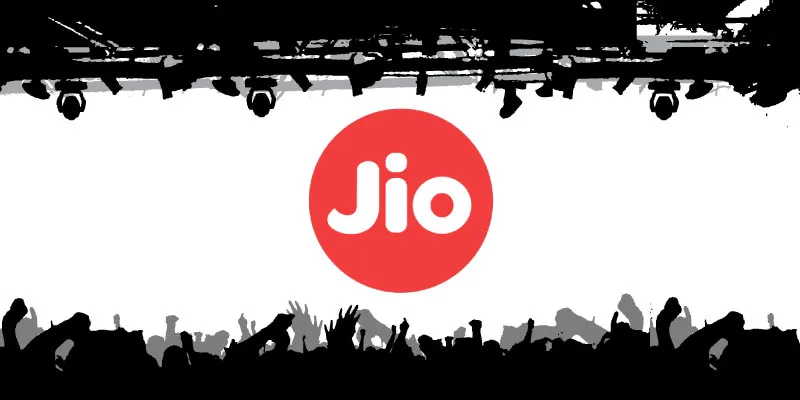Jio to change from a hunter to farmer by 2018: Fitch Ratings
The new entrant in the telecom industry, Reliance Jio, is expected to shift its approach from a hunter to a farmer by 2018, said Nitin Soni, Director at Fitch Ratings.

"Right now they are hunting for a larger subscriber base, they already have about 139 million subscribers, by 2018 we expect them to achieve about 200 million subscribers," Soni told BTVi in an interview.
"And then we think in 2018 their behaviour will change from a hunter to a farmer and they will start making some money on their large $30 billion investment. And that point of time, if we start looking at incumbents they will also benefit from the rational price in the industry," he added.
Talking about pricing or tariff, Soni said the average tariffs have been on the decline from the last four to five years. "And recently with the entry of Reliance Jio, the blended average revenue per user has rapidly declined because of lower data tariff and voice being cannibalised by data."
"And now because the industry structure has been corrected into three large players, Jio, Bharti And Vodafone-Idea, we think at some point of time Jio will start converting its behaviour from a hunter to a farmer."
Asked if rationalisation of pricing will adversely impact Jio's customer retention, Soni said: "Jio in the short term will remain very aggressive. They will continue to offer discounts and promotions, the cheaper handsets and other marketing strategies to increase their subscribers' base.
"I think right now the challenge in front of them is to amass the larger subscriber base: the subscribers which were with the smaller telcos, which have already exited like Tata and Telenor, they will try to poach them. And probably some subscribers from incumbents like Bharti, Vodafone and Idea as well."
He feels that as Jio goes along, in 2018 when it will have a critical 200 million subscribers, it will gradually stop giving promotions and discounts.
"In some quarter there could be a bit of decline in ARPU (average revenue per user) and they will give some more discounts. Given the nature of the whole industry, it is a prepaid market and you always have to be really aggressive. But I think overall the industry structure is corrected and three large players are there, I do not see them killing each other further to gain more subscribers."
He thinks these three players in the medium term will start making healthy profit and will return back to a rational kind of competition in the sector.
"Jio's offering is slightly cheaper than the incumbents. It is not very different now. I think the top three players' tariff would be around Rs 140-150 levels. But I think going forward the telco which will provide a good quality of data to their subscribers, the subscribers will naturally move to that. Pricing will be more or less same for these three telcos," Soni added.







